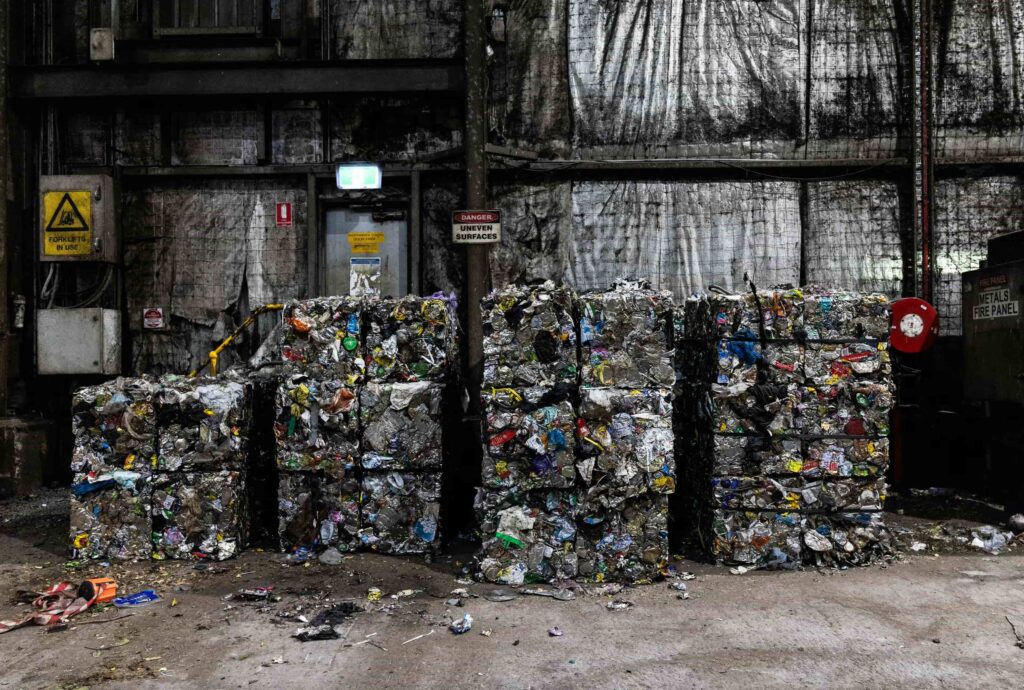NSW’s New $81 Million FOGO Fund
NSW’s New $81 Million FOGO Fund
NSW Government Launches $81 Million FOGO Fund to Tackle Organic Waste

Intro
In a significant move to address the growing waste management challenges, the New South Wales (NSW) Government has introduced an $81 million Food Organics and Garden Organics (FOGO) Fund. This initiative aims to support local councils in implementing FOGO recycling services, thereby reducing the volume of organic waste sent to landfills and promoting a circular economy.
Background and Rationale
Organic waste, including food scraps and garden clippings, constitutes approximately one-third of the contents in household red-lid bins across NSW. When disposed of in landfills, this waste decomposes anaerobically, producing methane—a greenhouse gas significantly more potent than carbon dioxide. With Greater Sydney projected to reach landfill capacity by 2030, diverting organic waste is critical to alleviating landfill pressures and mitigating environmental harm.
Details of the FOGO Fund
Managed by the NSW Environment Protection Authority (EPA), the FOGO Fund is designed to assist local councils in establishing or expanding FOGO collection services. The initial $31.4 million allocation includes:
-
Go FOGO Grants: These grants support councils in launching new weekly FOGO or food-only (FO) services. Funding covers infrastructure costs such as bins, kitchen caddies, liners, contamination audits, community education programs, and staffing. Councils can access funding based on the number of households transitioning to FOGO, with grants including a flat rate of $25 per apartment and $50 per house without an existing organics collection.
-
Scrap Together Grants: A total of $340,000 is available for councils with existing FOGO services to enhance community education aimed at maximizing the efficiency of these services.
-
Business Food Waste Partnership Grants: This program supports organizations in educating and assisting businesses to reduce and separately collect food waste. Grants are available for projects with a duration of up to two years.
Statewide Mandate and Legislative Framework
NSW has become the first Australian state to legislate a mandatory FOGO recycling program. Under this legislation, all households are required to have FOGO collection services by July 2030, while businesses and institutions must comply by July 2026. This initiative is part of a broader strategy to transition towards a circular economy, where organic waste is repurposed into valuable resources like compost for use in parks, sporting fields, and agriculture.
Implementation Support and Resources
To facilitate the transition, the EPA provides comprehensive support to councils, including:
-
Best Practice Guidelines: A step-by-step Best Practice Guide has been launched to help councils introduce FOGO and manage contamination risks.
-
Educational Campaigns: Funding is available for community education initiatives to inform residents about the benefits of FOGO recycling and proper waste separation techniques.
-
Technical Assistance: The EPA offers technical advice and expertise to address challenges in implementing FOGO services, including contamination management and infrastructure planning.
Challenges and Considerations
While the FOGO Fund provides substantial support, councils may encounter challenges such as:
-
Community Engagement: Achieving high participation rates requires effective communication strategies to educate residents on the importance of FOGO and correct usage of the service.
-
Contamination Control: Ensuring that only acceptable organic materials are placed in FOGO bins is crucial to producing high-quality compost and maintaining the integrity of the recycling process. High contamination levels, particularly from plastics, have been a concern in some areas.
-
Infrastructure Development: Establishing or upgrading facilities to process increased volumes of organic waste necessitates careful planning and investment. The Food Waste for Healthy Soils Fund supports the establishment of new and upgrades to existing organics recycling infrastructure to increase the quantity and improve the quality of recycled organic products.
Case Studies and Early Implementations
Several councils have already initiated FOGO programs with varying degrees of success:
-
City of Melville, Western Australia: Conducted a trial FOGO implementation to understand challenges and test assumptions around the effectiveness of a FOGO service. The trial aimed to achieve a diversion from landfill of at least 65% and produce high-quality compost suitable for unrestricted use.
-
Sydney’s Inner West Council: Implemented a FOGO system but faced challenges such as increased maggots and odors due to changes in collection frequency and bin sizes. This highlights the importance of considering local conditions and community feedback in program design.
Community Education and Engagement
Effective community education is vital for the success of FOGO programs. The Scrap Together Grants provide funding for councils to enhance community education aimed at maximizing the efficiency of FOGO services. Experience has shown that good education from the outset, starting well in advance of the service change, is critical to a successful FOGO rollout.
Conclusion
The $81 million FOGO Fund represents a significant commitment by the NSW Government to revolutionize organic waste management. By providing financial assistance, resources, and legislative support, the initiative empowers councils to implement effective FOGO programs, contributing to environmental sustainability, landfill reduction, and the advancement of a circular economy. Councils are encouraged to leverage this opportunity to enhance waste management practices and foster community engagement in organic recycling efforts.
More information on the NSW EPA Grants can be found here: EPA NSW FOGO Grants


